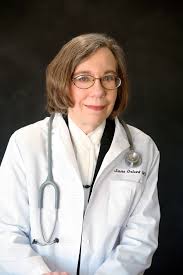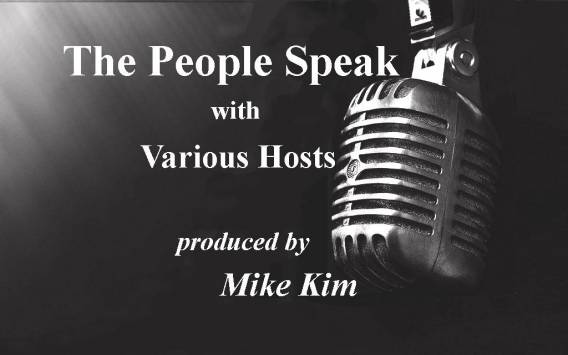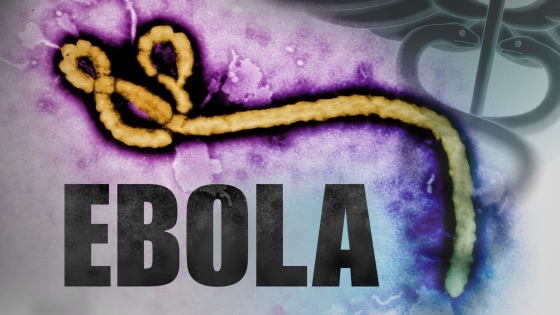The People Speak

The People Speak has evolved over the years with many great guests who have been interviewed by some very fine hosts.
We are a 55 minute show airing every other Sunday between 5-6pm Pacific/8-9pm Eastern. The show features a guest interview from any number of realms of interest (entertainment, science, philosophy, healing, spirituality, activism, politics, literature, etc.).
The guests share their stories, lives, strategies, books, philosophy, films, music, or whatever it is they use as a vehicle for making a difference for the better.
The radio show name, The People Speak, is based on the idea of allowing our audience - the People - a chance to interact with the guests during the hour, and we take phone or text questions from them during the interview.
Past guests include such notables as Nobel Peace Laureate Archbishop Desmond Tutu, the late Howard Zinn, Nobel Laureates Mairead Maguire, Shirin Ebadi, Kathryn Najimy, Oliver Stone, Jesse Ventura, Richard Belzer, Cynthia McKinney, Cindy Sheehan, Scott Horton, Joan Jett, Willie Nelson, George Galloway, Roseanne Barr, Ed Asner, Chevy Chase, as well as various reps from Amnesty International, UN World Food Programme, and many others.
Guest, Jane Orient MD

JANE ORIENT M.D., is a Clinical Lecturer in Medicine at the University of Arizona College of Medicine, and Professor of Clinical Medicine at the Oregon Institute of Science and Medicine. As well, she edits the Doctors for Disaster Preparedness Newsletter and Civil Defense Perspectives. In addition, she is the editor of AAPS News, the official newsletter of the Association of American Physicians and Surgeons for which she serves as Executive Director. Her articles frequently appear in the Journal of American Physicians and Surgeons (formerly The Medical Sentinel).
Dr. Orient started out to be a doctor, a professor of medicine, and a clinical researcher. But she got distracted. The first threat to her profession that she noticed was an article entitled "A Marxist View of Medical Care" in The Annals of Internal Medicine. That cried out for a response. Researching the response led her into a number of nooks in the library that she had never explored as a chemistry and mathematics major-even to a dusty counterculture bookstore to get a copy of Mao Tsetung's Little Red Book. The eventual article was never published, at least not as a single work, but its author had been infected with a writing compulsion. After that, one thing led to another. Dr. Orient is now the author of more than 100 scientific articles, book chapters, editorials, book reviews, lectures, and essays.
Recently Dr. Orient has been the interviewed for her opinions regarding the current Ebola crisis...
"Secondhand Smoke More Than Ebola" By Bill Hoffmann and Todd Beamon 10/16/14
The Centers for Disease Control and Prevention has more safeguards against secondhand smoke than it does regarding Ebola, Dr. Jane Orient, director of the Association of American Physicians and Surgeons, said on Thursday.
"If you look at the precautions against secondhand smoke, they are absurd," Orient told "The Steve Malzberg Show" on Newsmax TV. "The hazard from secondhand smoke, unless you're just sensitive to it and it bothers you, are really nonexistent.
"And yet, we have all these ... expensive restrictions against these non-hazards - and a pathogenic, lethal organism that can infect you with one to 10 particles, we're so cavalier about?" Orient asked. "This just really does not make sense."
She told Malzberg that CDC Chief Dr. Thomas Frieden skated around answering key questions about the crisis as he was grilled by Congress on Thursday.
"Frieden evaded a lot of very important questions or pretended not to know," Orient said.
"Certainly, he evaded, despite really intense questioning, whether the White House was telling him they were not going to do a ban, whether he was in communication with the White House or whether the CDC was going to recommend a restriction in travel.
"The CDC claims not to know how those two nurses [at a Dallas hospital] got infected, despite their protective gear, because if the nurses did not breach the protocol, there's something wrong with the protocol," Orient said.
She disputed Frieden's claims that Ebola could not become airborne. It could, Orient said, through germs via "aerosols" that are created by sneezing or coughing.
"Your body fluids have to go through the air, unless you touch somebody," she told Malzberg. "You generate an aerosol if you cough or sneeze or vomit or have explosive diarrhea - and it makes droplets of different sizes.
"The ones that are really, really tiny can get through your mask, around your mask, down into your lungs," Orient said, adding that these droplets could infect "target cells down in your lungs."
The physician surmised that Frieden's thinking is based on a premise that the Ebola virus "does not survive being dried down to a particle of that size, but there's experimental evidence that it can survive for as long as 90 minutes on one of those drops down there."
When asked by Malzberg whether Ebola could, as such, is transmittable by air, Orient responded: "Theoretically, it certainly is. We cannot rule it out."
Orient is author of the book, "Sapira's Art and Science of Bedside Diagnosis," published by LWW.










